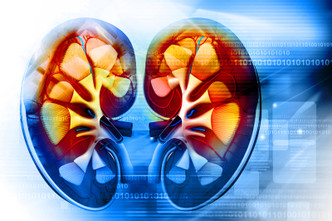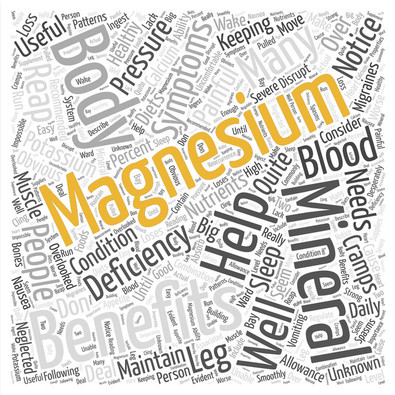Nov 3rd 2025
Slash Your Risk of a Sudden Heart Attack Death
. . . it's not that hard to virtually eliminate the risk! Sudden cardiac death (SCD) is the largest cause of natural death in the US. Most people who die from a sudden heart attack never realized they were at risk, especially women. But by taking care of the fundamentals, you can bring your risk of SCD down to virtually zero! A recent study published in JAMA analyzed data from the Nurses' Health Study, which followed 81,000 women over a 26-year period to see how four healthy lifestyle factors affected risk for SCD. Although only women were involved, the findings would apply to men as well. 1. Not smoking - reduced risk by 75% 2. A Body Mass Index of less than 25 - reduced risk by 56% 3. Exercising at least 30 minutes a day - reduced risk by 72% 4. Following a Mediterranean-type diet, emphasizing high intake of vegetables, fruits, nuts, legumes, whole grains and fish, along with moderate alcohol consumption - reduced risk by 40% All four factors combined reduced the…
read more Fuel your life with the purest vitamins
Fuel your life with the purest vitamins




